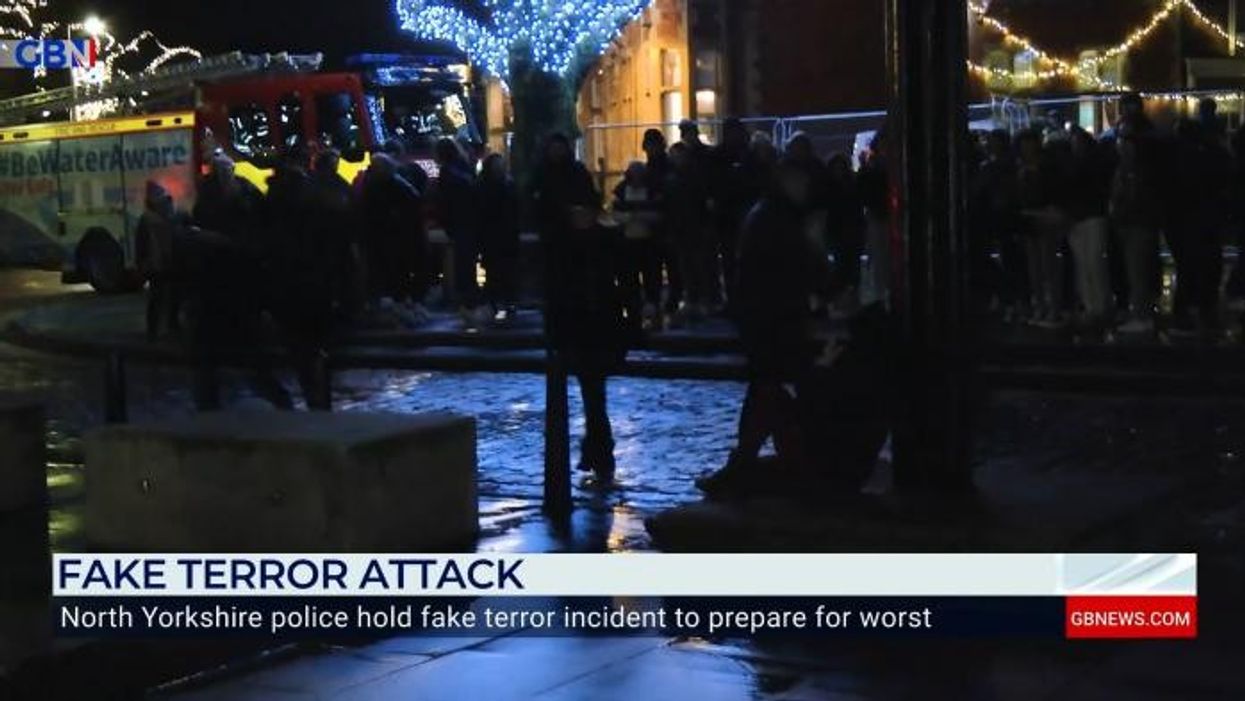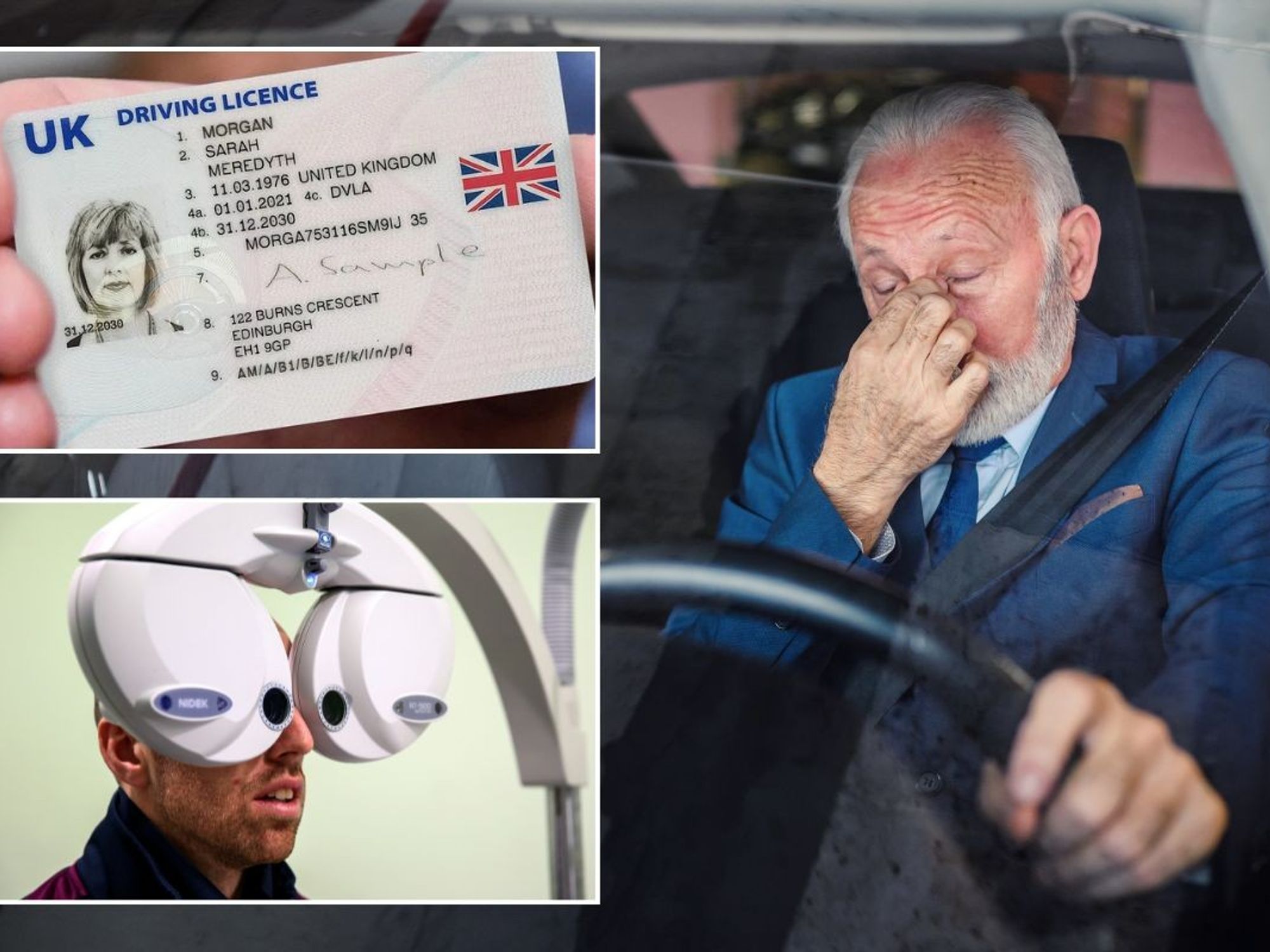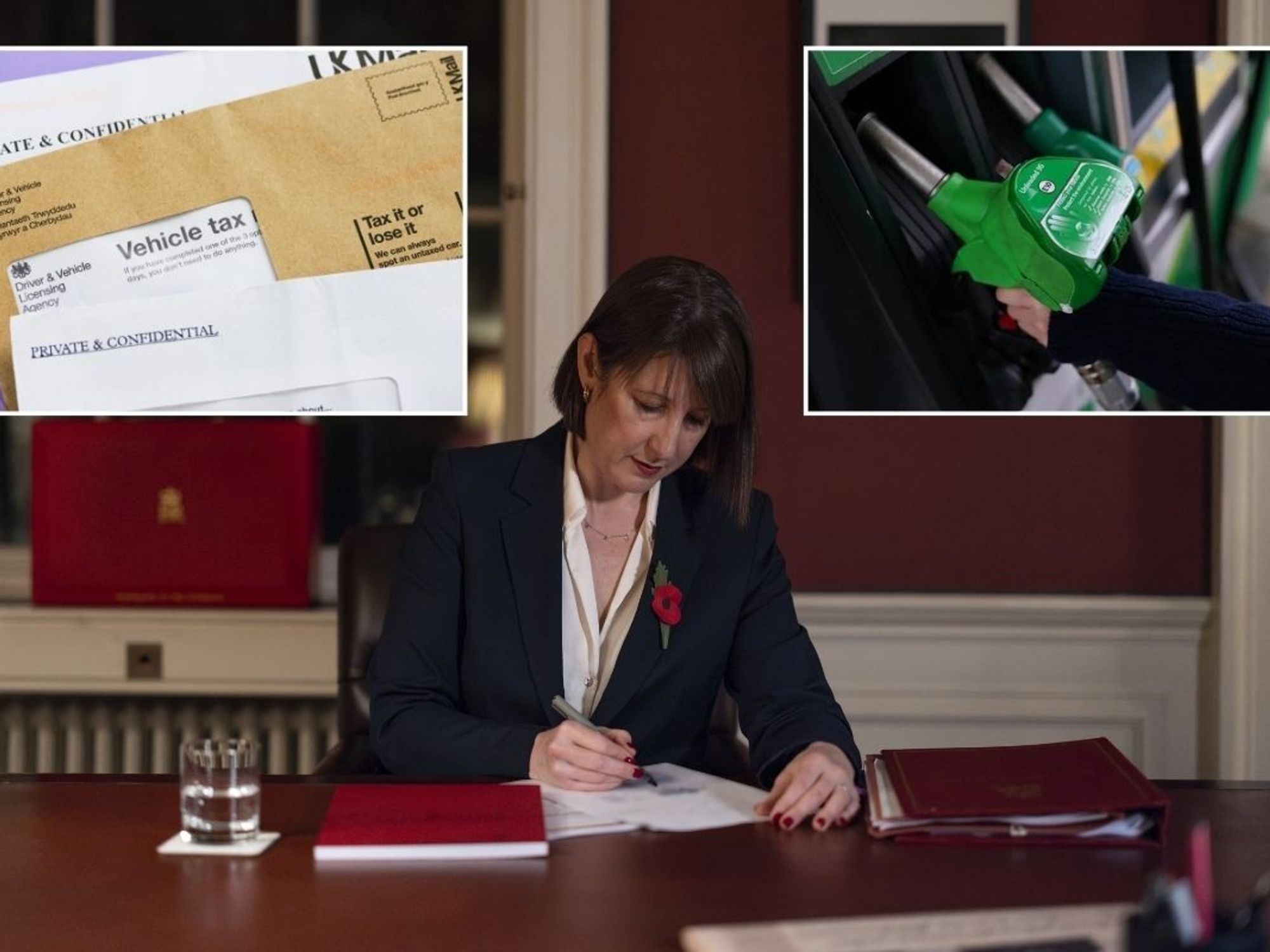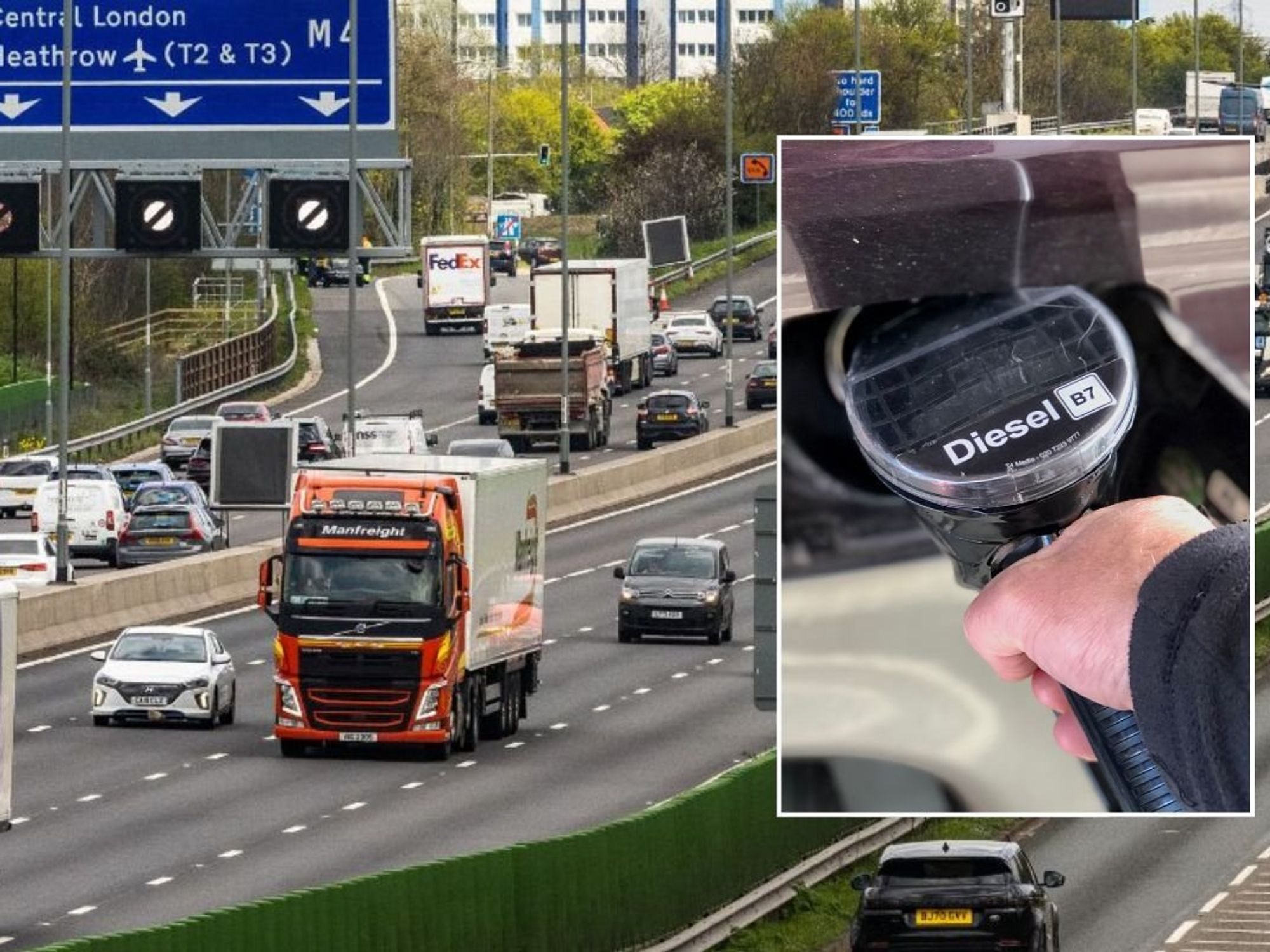Operation Obtundity: Emergency services respond to staged terror attack at York Minster

The operation involved 300 volunteers with some simulating casualties while others played the part of hostages
Don't Miss
Most Read
Latest
North Yorkshire emergency services teamed up with Counter Terrorism Police and York Minster Police to respond to a series of staged terror attacks in and around York Minster.
It comes following the Manchester Arena inquiry, which set out an expectation that venues, such as York Minster, should conduct reviews to understand the risks of terrorist attacks and take measures to mitigate against them.
As part of Operation Obtundity there was a staged acid attack upon a VIP visitor entering the cathedral on a dark and wet weekday evening, as well as a hostile vehicle and knife attack, followed by a siege.
The operation involved 300 volunteers from across Yorkshire - some simulating casualties from the attacks and some playing the part of hostages within York Minster.
The iconic landmark is one that needs protecting as it’s visited by thousands each year, including royalty.
David Colthup, Chief Operating Officer for York Minster, told GB News: “It’s at least 12 months in the planning, this exercise, and comes at a really important juncture for York Minster and for the police we have here.
“It was less than 12 months ago that we had the King and the Queen here for the Royal Maundy, so high profile, very high-profile visitors, do happen regularly at York Minster and we need to be prepared.
“We do have our own internal security, one of the very cathedrals in the country to have its own police force and they are heavily integrated on a regular basis with North Yorkshire Police and other agencies, so this is a great opportunity to do this on a real time exercise, not just sitting around a table top and talking about it.”
“We’ve had the Manchester Arena Enquiry and the learning outcomes from that have driven all blue light services to train and prepare in this way.
“We want to improve from things that have happened in the past and this is the best way to do that, to train together as blue light services, train our people as much as we can, and we’ve done that this evening, so people can prepare in the right way, should this sadly happen in the future.
“There’s been no intelligence around this area per se, but we need to make sure we’re prepared because they have happened in the past.”
The operation was invaluable for all emergency services, including fire and rescue who rescued and treated casualties at the scene.
The exercise was part of the regular counter-terrorism programme which takes place across high profile venues the UK, to test the emergency services response to a series of no-notice violent attacks in order to stop them and save lives.
North Yorkshire Police said major public venues were expected to carry out security reviews following the Manchester Arena bombing inquiry. The attack on 22 May 2017 killed 22 people.
Chief Inspector Mick Roffe of North Yorkshire Police was the Strategic Exercise Lead for Operation Obtundity and told GB News that emergency services must prepare for the worst.
“This scenario is really important for us to practice. Sadly, terrorist incidents like this have happened in the past,” said Roffe.
Tony Peel is the York & Selby Group Manager for North Yorkshire Fire & Rescue and lead his team in the exercise.
He told GB News: “It’s a long time in the making is this, you know it’s not every day that you get to run around the Minster like we are and putting people with blood and legs everywhere.
“So, it’s extremely important for us to one, test as a fire service how we respond and our procedures, but two, to test that multi-agency response and the procedures that go with that as well.”
To prosecute those responsible for a terrorist attack, it’s crucial for police to interview all witnesses and a command centre was set up near York Minster for police to hone their skills.
Detective Inspector Ryan Chapman of North Yorkshire Police was the Bronze Command for Reception Team, interviewing witnesses following the incident.
He told GB News: “Obviously, there’s a long-term investigation that would come out of something like this, and we have what we call ‘the golden hour principle’, which is capturing that key evidence as early as possible, because obviously as time goes on, people’s memories fade and so that vital information can be lost.
“So, it’s really important that we capture as much evidence as possible from them at an early stage.”
Emergency services in North Yorkshire are now more prepared than ever for a terrorist attack, should the worst happen.











